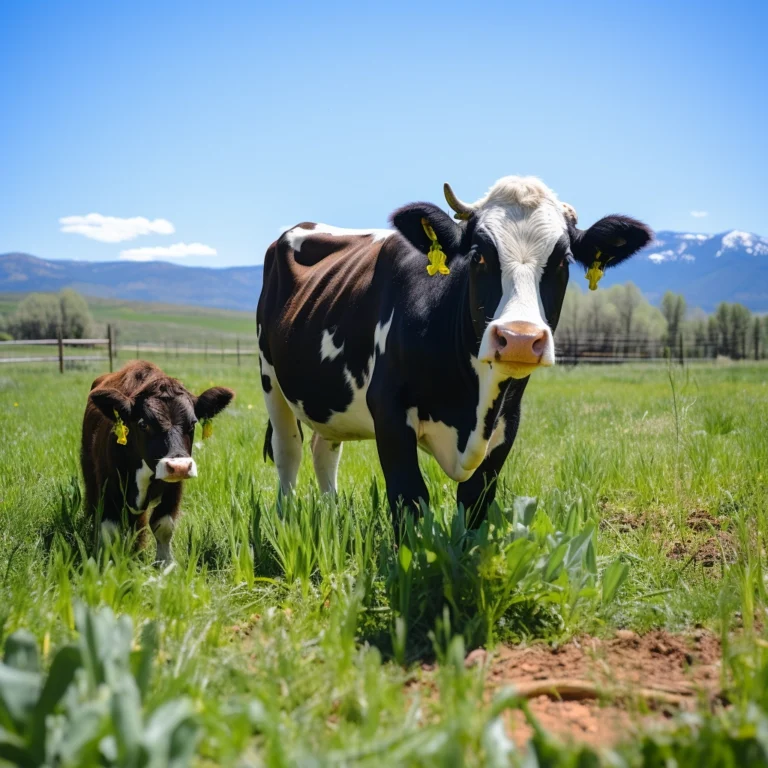In the realm of healthy eating and sustainable agriculture, organic and grass-fed meats have been topics of considerable debate. Advocates claim numerous benefits, ranging from improved nutritional profiles to less environmental impact. But what does the latest research say? Here, we explore three key benefits of incorporating organic and grass-fed meat into your diet.

1. Enhanced Nutritional Value
Grass-fed beef not only tastes different but is also nutritionally superior compared to its conventional counterparts. Research led by Davis et al. (2022) highlights that grass-fed and organic meats have a more desirable fatty acid composition, including higher levels of omega-3 fatty acids and a better omega-6 to omega-3 ratio. These meats are also richer in antioxidants like vitamin E and conjugated linoleic acid (CLA), compounds known for their health benefits, including anti-inflammatory properties and potentially reduced cancer risk. The nutritional upgrades in grass-fed meat can contribute significantly to a healthier diet, emphasizing the role of diet quality in promoting wellness. To understand more about how organic differs from conventional foods, including meat, you might find this article on the key differences between organic and conventional foods enlightening.
2. Reduced Environmental Impact
Transitioning to organic farming practices, including organic livestock raising, presents a pathway to a more sustainable food system. The work of Seufert et al. (2012) illustrates that while organic agriculture requires more land than conventional farming, it substantially lowers nitrogen surplus and pesticide usage. When paired with efforts to decrease food wastage and reduce the consumption of animal products, organic agriculture’s environmental footprint shrinks considerably. This approach not only addresses food production’s efficiency but also its ecological repercussions, making a strong case for organic and grass-fed meats as environmentally conscious choices. For those interested in further exploring the benefits of natural foods, including their impact on reducing inflammation, the article on natural whole foods as a solution for reducing inflammation offers valuable insights.


3. Support for Animal Welfare and Reduced Antibiotic Use
Organic and grass-fed meat production is often synonymous with higher animal welfare standards. Animals raised in these systems typically enjoy better living conditions, including access to outdoor spaces and diets more aligned with their natural eating habits. Smith-Spangler et al. (2012) underscore that organic farming practices are associated with reduced antibiotic use, mitigating the risk of antibiotic-resistant bacteria—a growing concern in public health. Choosing organic and grass-fed meat thus supports ethical animal treatment and contributes to the broader goal of preserving antibiotics’ effectiveness. Moreover, assessing the value and price of organic food can help consumers make informed decisions; this article on assessing the true value and price of organic food dives deeper into the economic aspects of choosing organic.
The benefits of eating organic and grass-fed meat are multifaceted, touching upon nutritional health, environmental sustainability, and ethical considerations. While the choice to consume these meats is personal and may be influenced by availability and affordability, the evidence suggests that incorporating organic and grass-fed options can contribute to a healthier diet and a more sustainable and ethical food system. As consumers become increasingly conscious of their food’s origins and impacts, organic and grass-fed meats stand out as choices that align with these values.